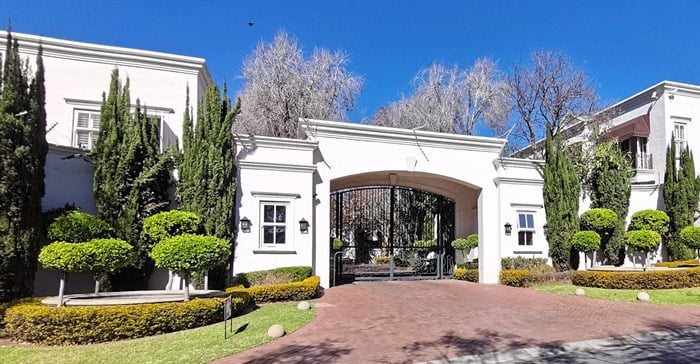
While executors can appoint an estate agent to sell a property from the deceased estate, the property must be sold "at fair market value." This is where auction houses like Park Village Auctions (PVA) are primed for service.
Auctions have a reputation for being transparent and fetching market-related prices, which is part of their appeal to both sellers and buyers looking for a deal.
More often than not, the executor will opt to sell more than real estate. There may be vehicles, equipment, or even a business as a going concern. It is more convenient to appoint an auction house to take care of the asset disposal in its entirety.
When selecting the best auction house to handle asset disposal on behalf of a deceased estate, look for proper credentials and a proven track record. PVA, for example, registered as professional valuers with the South African Council for the Property Valuers Profession (SACPVP), registered with the Institute of Estate Agents of South Africa (IEASA), and is a recognised appraiser to the High Court.
Seeing how many deceased estate sales are listed on an auction house's website indicates its competency in such matters.
Beyond fetching fair market-related prices for these assets, buyers also benefit from auction sales because the process is transparent and straightforward. The sale is concluded on the fall of the hammer. There are seldom any suspensive conditions. If there are any conditions, they are set by the Master of the High Court.
There is also a misconception that banks don't finance property purchases via auction, but this is not the case.
A buyer must first acquire the finance before attending the auction. Buyers are liable for the deposit, VAT and commissions on conclusion of the sale. After that, the buyer must produce "guarantees" for the outstanding remaining amount, which will also carry a deadline.
As a tip for interested buyers, always attend the viewing as all auction properties are sold "as is". Familiarise youself with the terms and conditions of the sale upfront.
One must always feel at ease asking questions. It is a red flag when the auction house is not forthcoming. We consider buyers and sellers our customers and work with utmost integrity to deliver great service to both.